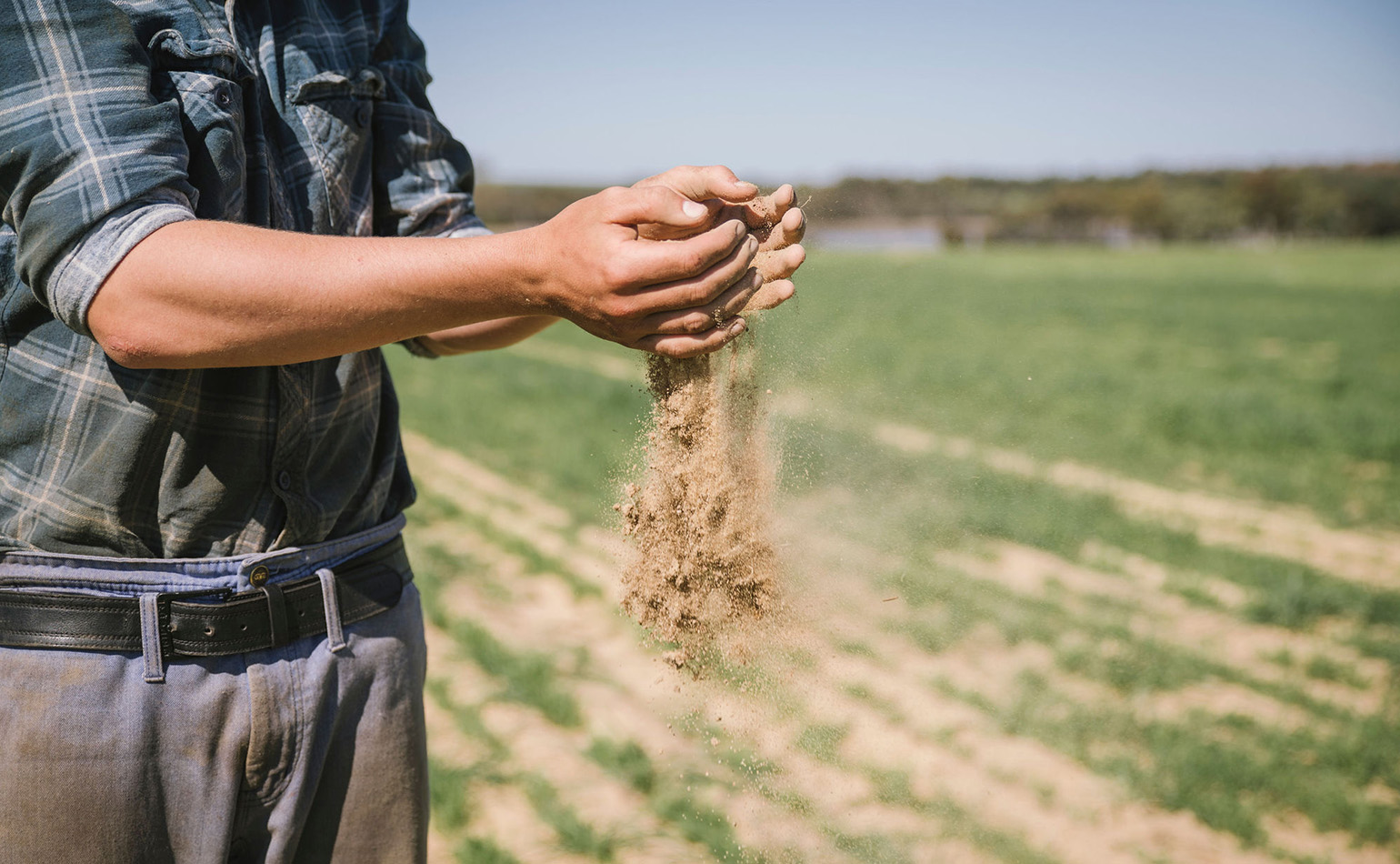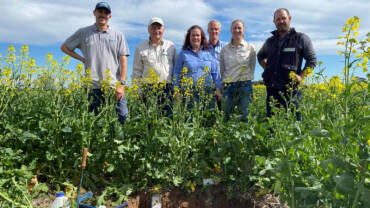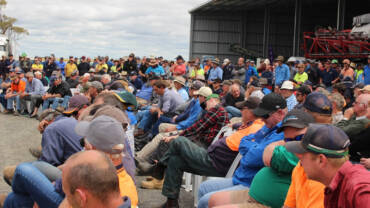GRDC co-invests in Soil CRC calcareous soils project
| Posted Sep 21,2020The Soil Cooperative Research Centre (Soil CRC) has announced a $4 million project with co-investment from the Grains Research and Development Corporation (GRDC) to investigate innovative solutions for low crop performance on highly calcareous soils.
The three-year project involves five Soil CRC participants along with the GRDC.
Chief Executive Officer of the Soil CRC, Dr Michael Crawford believes the project is an important co-investment from the GRDC in the Soil CRC.
“The Soil CRC brings a broad range of expertise to the project with the combined strengths from university, state government and farmer group participants from across Australia,” Dr Crawford says.
“Finding practical solutions to Australia’s underperforming soils by collaborating with researchers, industry and farmers is at the heart of the work of the Soil CRC. Partnering with the GRDC on this project is a great opportunity to further this work.”
While this project is primarily focused on highly calcareous soils, the research outcomes are expected to have application to all calcareous soil types.
GRDC Manager Soils and Nutrition – South, Stephen Loss, says both the GRDC and Soil CRC recognised that while calcareous soils have been the focus of research efforts over many years, and an opportunity existed to expand upon existing knowledge and to provide growers with a suite of tactics to help overcome the constraints.
“Growers and advisers report that crops grown on highly alkaline, calcareous soils produce 35 to 45% lower gross margins than crops grown on other less hostile soils,” Dr Loss says.
“The aim of this new investment is to identify the most important constraints to crop growth on highly calcareous soils in the southern region, increase our understanding of the relative impact of these, and then boost crop profitability through improved soil and crop management practices.
“Input and involvement by growers, advisers and farming systems group will be critical for informing the direction of the investment and ultimately in ensuring its success.”
Calcareous soils are prevalent across Australia and have multiple constraints which result in severely limited crop productivity. They are strongly alkaline, contain free lime (calcium carbonate) and are particularly common in subsoils on South Australia’s upper Eyre Peninsula, lower Yorke Peninsula, Mid North and the South Australian and Victorian Mallee.
Apart from poor uptake of nutrients, other constraints to crop growth on calcareous soils include sodicity, various toxicities relating to their extreme alkalinity, poor water holding capacity, physical impediments to root growth, persistence of residual herbicides, low soil biological activity, root diseases, weeds and snails.
These factors combined with dry conditions often result in poor crop establishment, vigour, and grain yield, and water-limited yield gaps on these soils are often more than 50%.
The five Soil CRC participants working with the GRDC on this project are Primary Industries and Regions South Australia (PIRSA), NSW Department of Primary Industries, the SA Grain Industry Trust (SAGIT), Agricultural Innovation and Research Eyre Peninsula (AIR EP) and MacKillop Farm Management Group (MFMG).





